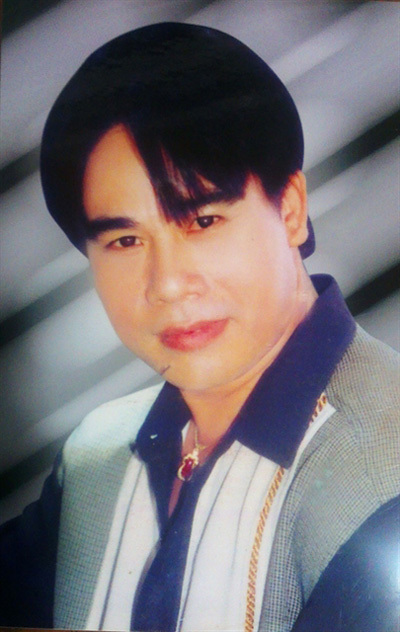More than 600 artists to gather at National Drama and Folk Singing Festival
HCM City theatre troupes preserve tuong
Tuồng star returns to stage for mini show
 |
| Artist Anh Duong |
Nhân Huệ Vương tells the story of general Tran Khanh Du during the Tran Dynasty in the 13th century. The role is performed by People's Artist Anh Duong. The artist spoke about the role and his career.
Tell us about your role in the show.
Trần Khánh Dư is a historical figure with many stories about his life and career. He is a multifaceted and talented character. His military talent and his dedication to national protection are undeniable.
Nhân Huệ Vương focuses on the battle at Van Don, showing the talents of the general and his loyalty to the Tran dynasty.
How does one portray the diversity of Tran Khanh Du's personality and his failure in the battle? It is very difficult; this is a complex character.
Nhân Huệ Vương is the work we are bringing to the national festival in Thanh Hoa Province to celebrate the 60th anniversary of the theatre this year. Hopefully audiences will enjoy it.
During your 30-year career you have played many popular historical characters. In addition to performing at the theatre you also teach. How do you inspire your students?
I perform less and I want young actors to take the stage. I find that young actors love their job. It is good for me as a teacher and makes me excited to train them.
But that is only while they are training. When they graduate whether or not they survive is another story. If their life is not good they will not keep their enthusiasm for the work for long.
Like many other traditional art genres, tuong's audience is selective. One of our ancestors said, "It's no use preaching to one who is hungry." The theatre has just 30 graduates but several of them have given up their profession. It is regretful because all of them are talented.
You have shared your many difficulties, but you have overcome them to gain success in the art world. Do you think your story will inspire young actors?
My hometown is in Thuan Hung Commune in the northern province of Hung Yen. No one in my family was involved in art. I first listened to tuong singing at age 15 when a tuong theatre came to my village to recruit new actors.
At that time I was a ninth grade student at Khoai Chau High School. I never thought I would become a tuong artist because I wanted a career in the army. I dreamed of wearing a soldier's uniform and wanted to become a hero or a general.
I joked when I came to tuong that I had fulfilled my dream because I became kings, princes and generals.
Tuong artists have to practice a lot. In the beginning I learned from late artist Ngo Man and had to practice many ancient martial arts with swords, lances and spears.
Tuong requires actors to sing, act and dance, so they must be in good health.
When I started with tuong the theatre was subsidised. Audiences had fewer entertainment options so we had chances to perform right after we graduated.
But the income is not enough. Many times I was also torn over whether I would continue to pursue this career.
After more than 30 years of performing I was given title of People's Artist. But I still struggle to earn enough to meet my family's needs. It's hard to believe my salary is lower than my son's when he has just graduated from college.
It is so difficult for young actors. After graduation their salary is 2 million dong [nearly US$100] per month. The theatre provides accommodation but the salary is still not enough.
I hope and suggest there should be a specific mechanism for traditional art. Without this it will be very difficult to keep young people involved in traditional arts.
VNS
 The Viet Nam Tuong (classical opera) Theatre will perform a new work entitled Nhân Huệ Vương on Friday as part of the National Tuong Festival at Lam Son Theatre, Thanh Hoa Province.
The Viet Nam Tuong (classical opera) Theatre will perform a new work entitled Nhân Huệ Vương on Friday as part of the National Tuong Festival at Lam Son Theatre, Thanh Hoa Province.